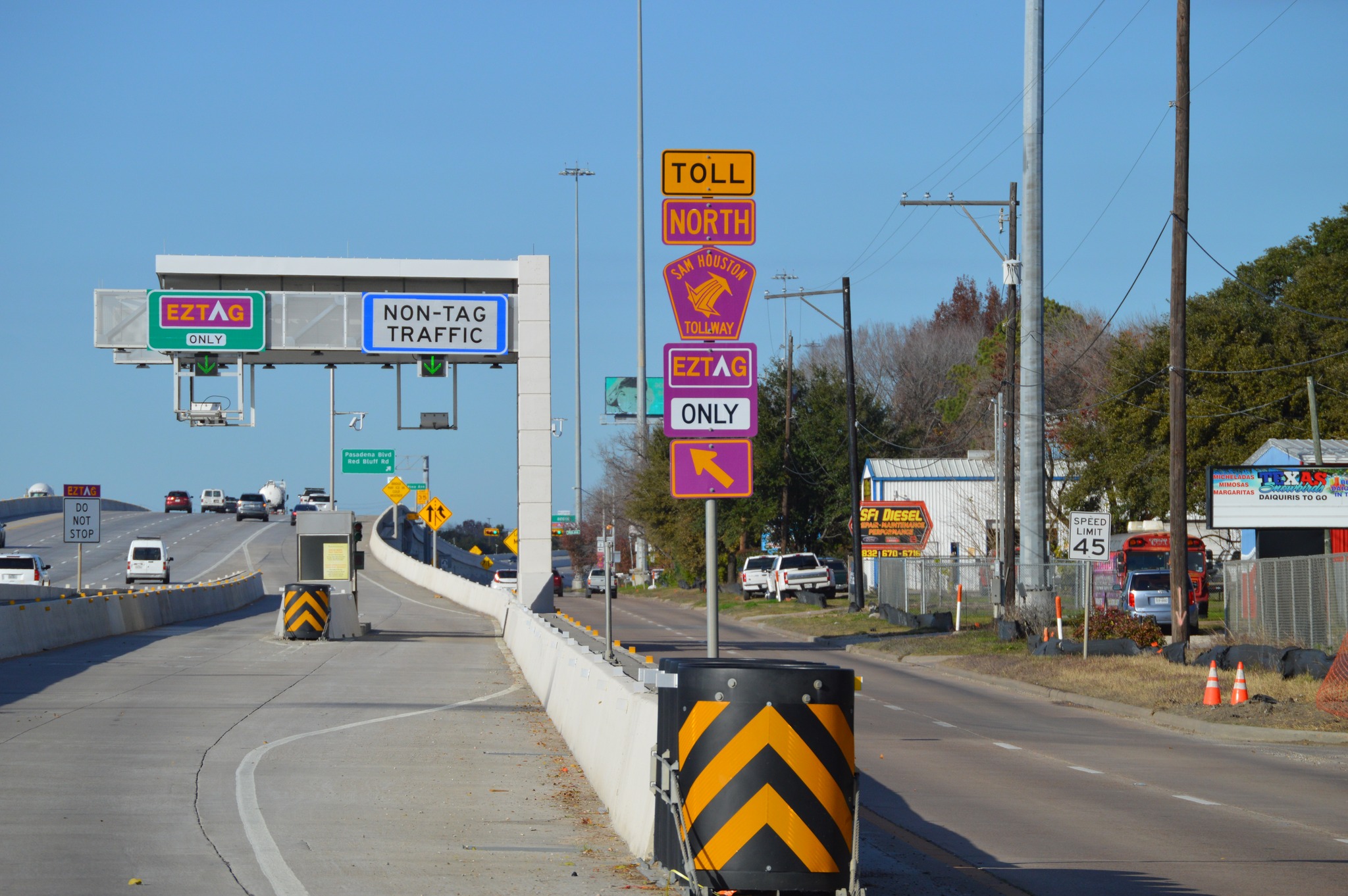
Harris County Looks to Strike Local Deal with Houston on Toll Road Emergency Costs Amid Growing Toll Revenue Debate
Harris County leaders took a proactive step this week, voting to begin negotiations with the City of Houston on how to fairly reimburse the city’s first responders for the limited number of emergency calls they handle on the Harris County Toll Road Authority (HCTRA) system. The move comes at a time when the use of HCTRA toll revenues is under increased scrutiny—both from local residents and lawmakers in Austin.
At Thursday’s Commissioners Court meeting, members were united in their call for a local solution—one that maintains the county’s control over toll system funding and reflects the actual volume of services provided.
“The county is ready to work in any form or fashion with the city going forward,” said Commissioner Tom Ramsey. “The message today is we want to work with the city.”
“We're deeply invested in infrastructure and public safety,” added Commissioner Lesley Briones, “and we're deeply committed to working out a local solution to a local issue. So, we thank in advance the County Attorney's office for their ongoing partnership."
Mobile Sidebar Ad
A Local Fix, Not a State Mandate
The decision comes as Harris County pushes back against proposed state legislation—Senate Bill 2722 and House Bill 5177—that would force the county to reimburse Houston for emergency responses using HCTRA toll funds, regardless of how often city departments respond. In early April, Senator Paul Bettencourt filed a separate bill aimed at restricting Harris County’s control over what he calls a $2.5 billion HCTRA surplus, arguing that the county has blurred the lines between toll system funding and general expenditures.
Harris County leaders, however, argue that the toll system is already self-sustaining and carefully managed. They point out that HCTRA operates 132 miles of toll roads and responds to the vast majority—around 98%—of all toll-related emergencies using Harris County Constables and contracted support.
The Numbers Behind the Response
From 2022 to 2024, Harris County resources handled over 300,000 emergency incidents on toll roads. In contrast, the Houston Fire and Police Departments responded to fewer than 3,000 combined, amounting to just 1% of total calls. Despite the low volume, county officials acknowledged the value of Houston's contributions and are looking to establish a mutually beneficial, data-driven reimbursement agreement.
As part of its upcoming fiscal year, HCTRA has budgeted $42.7 million for public safety, including $25 million in agreements with all eight Harris County Constables. County leaders say this investment is critical to maintaining service levels, reducing response times, and ensuring toll revenues continue supporting the system they were designed to fund.
Mobile Sidebar Ad
What Happens Next
The Commissioners Court will revisit the issue on May 22, with the goal of formalizing an interlocal agreement that preserves local control, reflects actual emergency response data, and avoids a state-imposed mandate.
This move is the latest example of how Harris County is working to balance financial transparency, infrastructure investment, and interagency cooperation—all while navigating public concern over how toll dollars are spent.
With increased public interest in how tolls are managed in Harris County, the outcome of these negotiations could set the tone for how local and regional governments across Texas work together to fund shared services without sacrificing local autonomy.
 Tiffany Krenek has been on the My Neighborhood News team since August 2021. She is passionate about curating and sharing content that enriches the lives of our readers in a personal, meaningful way. A loving mother and wife, Tiffany and her family live in the West Houston/Cypress region.
Tiffany Krenek has been on the My Neighborhood News team since August 2021. She is passionate about curating and sharing content that enriches the lives of our readers in a personal, meaningful way. A loving mother and wife, Tiffany and her family live in the West Houston/Cypress region.

